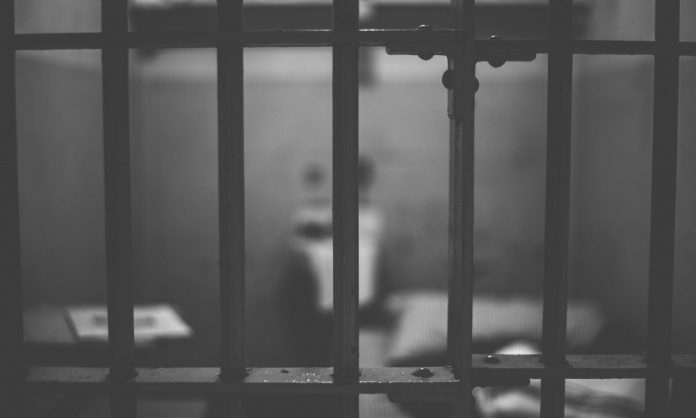A change in re-education camp regulations last year was aimed at reducing the number of deaths in the camps by returning inmates to society as quickly as possible, Daily NK has learned.
Speaking on condition of anonymity, a source in North Korea told Daily NK last Wednesday that the authorities conducted a general review of conditions in re-education camps nationwide last March. “In June, the camps received an order ratified by the Supreme Leader [Kim] and implemented the amended regulations on shortening sentences in July,” he said.
The source said the amended regulations “focus on reducing the number of deaths in the re-education camps. As a measure to deal with the spike in re-education camp deaths during COVID-19, the changes focus on releasing prisoners into society through pardons as soon as possible so that they don’t die in the camps.”
In North Korea, if a prisoner dies in a re-education camp before completing his or her sentence, his or her family – including cousins and even cousins once removed – receive so-called red notices, which put them at a disadvantage when seeking employment.
In short, the rules for shortening sentences were changed to minimize the discontent felt by relatives of prisoners who die in the camps.
“When prisoners die in re-education camps, it affects the lives of their families and relatives,” the source said. “The leadership changed the rules because it thought it was unnecessary to turn surviving family members and relatives into those who could turn their backs on the party and the state.
“Re-education camps are places where you seriously reflect on your crimes and come to your senses through harder work than you’d do in society and through uncomfortable communal living. Because the goal is to rehabilitate prisoners, not kill them, [the authorities] try to keep prisoners alive and reintegrate them into society.
“The amendment is aimed at setting the length of sentences and the standards for granting shortened sentences in line with the socialist legal system. It reflects recent party policy, law enforcement methods, and judicial directives,” the source said. “It is also a more detailed examination of the articles of law applicable to prisoners and the precise definition of their ideological categories.”
Previously, prisoners imprisoned for crimes that harmed the lives, health, or character of others were completely ineligible for reduced sentences. However, the changes in regulations now allow the camps to consider several factors in selecting candidates for reduced sentences, including the nature of their crimes and their behavior in the camps.
Anti-state criminals still unable to secure early releases
Daily NK reported in early January that North Korea amended its camp regulations last July. The amendment instructed camps to select candidates for shortened sentences by taking a comprehensive look at prisoners, including the crimes they committed and their attitudes during imprisonment.
However, the government is still excluding prisoners guilty of anti-national or anti-state crimes from obtaining early release. “Anti-national and anti-state criminals must serve their full sentences. The prisoners can’t get their sentences get their sentences reduced by a single day,” the source said.
“In the past, people with mental illnesses in the camps were forced to work or ignored, with the camp authorities claiming they were faking it. However, now camps have to make judgments to either release prisoners due to illness or take responsibility for their treatment.”
At the Eighth Party Congress in 2021, Kim Jong Un emphasized “building a socialist state governed by law,” which suggests the country aims to build objective legal procedures and systems based on strengthening the rule of law.
Translated by David Black. Edited by Robert Lauler.
Daily NK works with a network of sources living in North Korea, China, and elsewhere. Their identities remain anonymous for security reasons. For more information about Daily NK’s network of reporting partners and information-gathering activities, please visit our FAQ page here.
Please send any comments or questions about this article to dailynkenglish@uni-media.net.



















